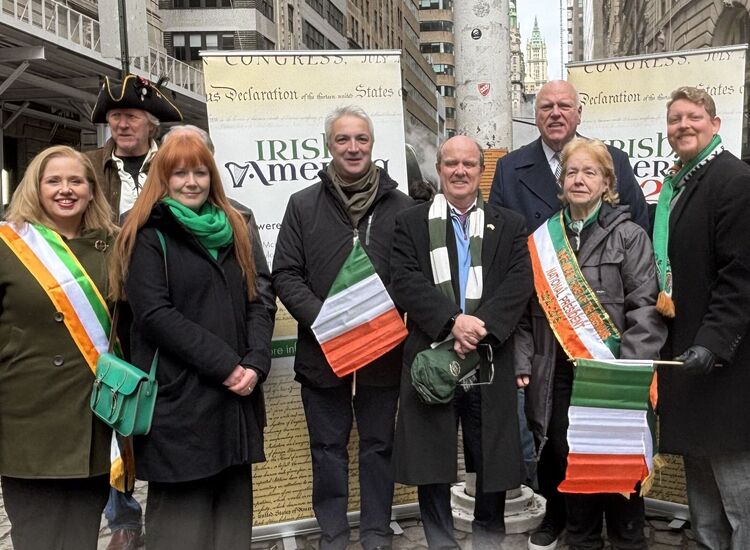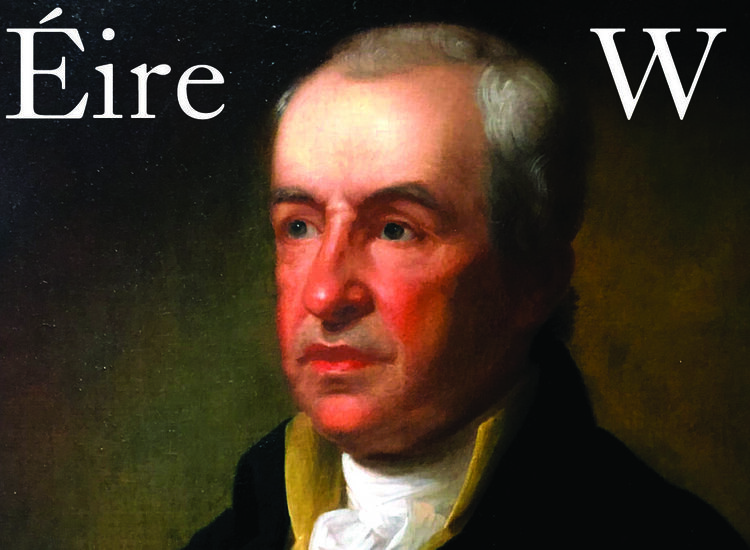[caption id="attachment_66563" align="aligncenter" width="600" caption="Cardinal Brady."]
Ireland's most senior Catholic cleric has voiced vehement opposition to Irish government's plans to criminalize priests who do not report sex abuse admitted in the confessional.
Primate of all Ireland, Cardinal Sean Brady, embarked on a collision course with Taoiseach Enda Kenny when he insisted that any intrusion on the sacraments was "a challenge to the very basis of a free society."
Under the legislation, currently being drawn up in the wake of the Cloyne Report, a priest would be guilty of a criminal offence if they were told of a sexual abuse case and failed to report it to the civil authorities.
The report examined child sexual abuse perpetrated by Catholic priests in the diocese and highlighted reporting failures.
The proposed legislation has been viewed by some in the church as an assault on the Vatican's canon law, which stipulates: "The sacramental seal is inviolable; thus it is absolutely illegitimate for the confessor to make the penitent known, even only in part, using words or any other means, and for any reason."
During an address to several thousand pilgrims at the Knock Shrine in County Mayo on Sunday, the archbishop of Armagh described confession as "a sacred and precious right" and he insisted that any intrusion on the sacrament was "a challenge to the very basis of a free society."
"For example, the inviolability of the seal of confession is so fundamental to the very nature of the sacrament that any proposal that undermines that inviolability is a challenge to the right of every Catholic to freedom of religion and conscience," he said.
Minister for Children, Frances Fitzgerald, said last month that failure to abide by the proposed mandatory reporting laws, which would force the disclosure of information on child neglect or abuse, would result in tough sanctions such as fines or jail terms.
"If there is a law in the land it has to be followed by everybody. There are no exceptions, there are no exemptions," she said.
"I'm not concerned, and neither is the government, about the internal laws or rules governing anybody."









